Shopify vs. WordPress: Which is the best fit for your next business adventure?Both platforms provide robust features to their customers, from product uploading to marketing.In the USA, both Shopify and WordPress are equally searched on Google, according to Google Trends.

Did you know?Shopify claims that it powers over 1,000,000 businesses worldwide on its official website.

But Shopify hasn't updated the page; otherwise according to Builtwith, more than 3.6 million stores run on Shopify.

Enough talk!Let's begin with a fast quick overview of the two platforms.
What is WordPress?
Although we have already written a detailed article on What is WordPress, I'll explain the essential features of WordPress.In the simplest words, WordPress is the easiest way to create websites; that's why it powers more than 39% of the websites in the world.

The current estimated total number of Websites is 1.8 billion, and 39% of it becomes 702 million websites. That’s a considerable number, isn’t it?Keep in mind WordPress has two different versions:
- WordPress.com is a subscription-based service that runs on WordPress.org's principles. This service is for-profit as compared to WordPress.org, which is entirely not for profit. This is somewhat like Shopify that has premium plans, and each plan comes up with different features.

- WordPress.org is a not-for-profit service, which means it’s 100% free and open-source. You’re free to discover, modify, and edit changes. You can install it on any hosting or even on your computer at no extra cost.

The beauty of WordPress.org is that you can create literally any kind of website. The best websites in the world run on WordPres.org.Curious? WordPress.org powers Whitehouse.gov.

One of the wealthiest companies in the world, Microsoft's blog runs on WordPress.

What is Shopify?

Shopify also runs on a subscription-based business model that allows you to build online stores and sell your products without hiring expensive developers and worrying about the cost of maintenance, security, and hosting.Shopify has rapidly gained popularity due to its simplicity and affordability. Anyone can create its online store and start selling products within a few hours instead of months.With Shopify, you can create online stores of any kind: sell physical and digital products, services, consultation, memberships, ticket, and rental services.Buithwith claims a total of 3.5 million websites are running on Shopify, but it’s just a small portion of data.

Undoubtedly, Shopify is not behind WordPress—big brands rely on it.Did you know? Red Bull— a company with a market value of $20 billion— uses Shopify.

Moreover, BBC Shop also runs on Shopify.

When Should You Use WordPress?
It’s a valid question.You should go for WordPress when you have a good budget, like to maintain your website, have plenty of time, and love being tech-savvy.With WordPress.org, you need to invest time in 5 things or maybe more.
- Purchasing domain
- Finding a hosting
- WordPress eCommerce theme customization
- Installation of plugins
- Payment gateway setup
First, you need to buy a domain and hosting for your website. Better to go with a better hosting company that has better reviews on Trustpilot.Keep in mind that don’t fall into the marketing trap of any hosting company. Always investigate online before you purchase any premium plan.

Once the domain and hosting are connected, you need to install WordPress and a WordPress theme before selling your products.Go to Themeforest to explore thousands of eCommerce WordPress themes, buy the one that fits your business's needs.
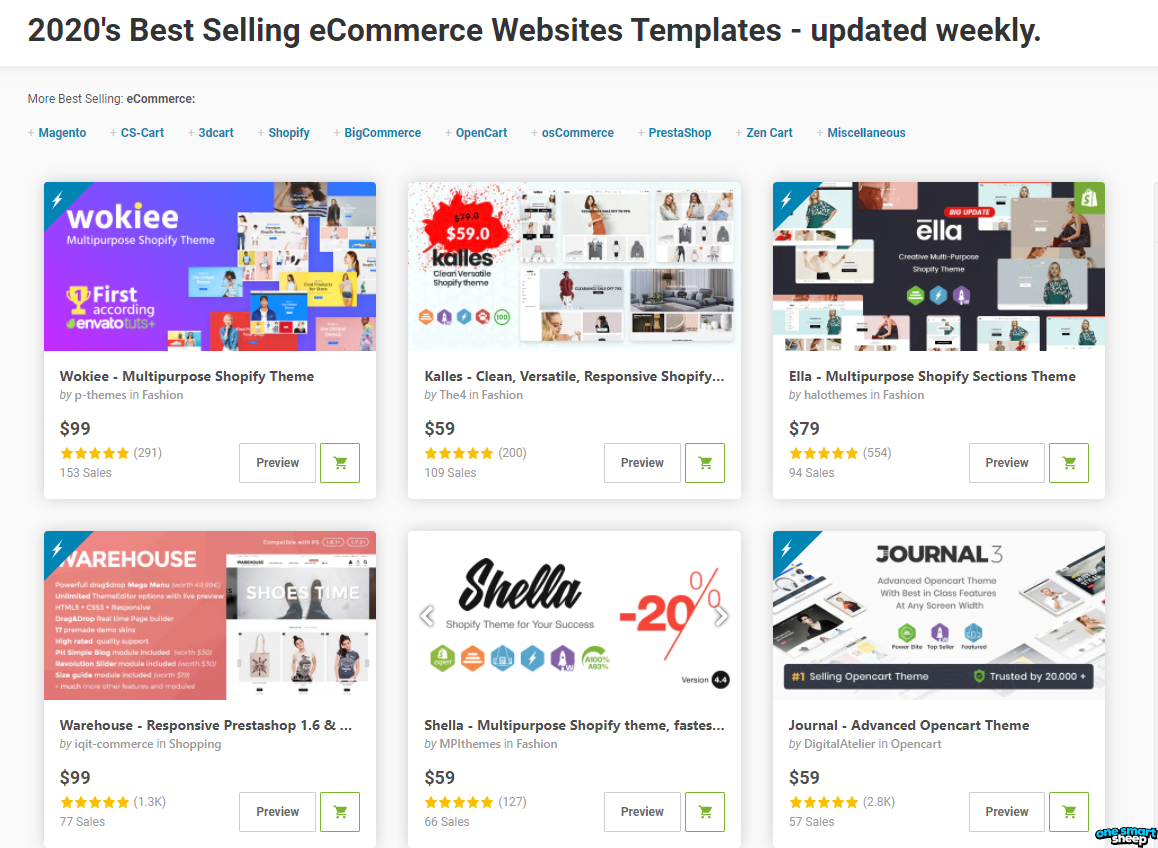
Besides, you can save significant money on WordPress since you can buy an affordable hosting that might cost $3 to $10 a month— besides, you can enjoy all the features that Shopify provides in its top-notched plan.In conclusion, you should go for WordPress if you can:
- Investigate to find the best hosting.
- Install WordPress and optimize it for speed.
- Have time to maintain your website regularly.
- Keep an eye on suspicious activities via a security plugin.
- Problem-solving mind.
- Low on budget.
When Should You Use Shopify?
Shopify is designed for absolute beginners.

.Before you create your online store, you need to follow a few simple steps to get started.The best part?You don’t need to worry about:
- Buying a domain and hosting
- Maintenance
- Security updates
- Integration payment from scratch
Shopify does it all to ensure that you focus on growing your business only, not to worry about 20 years old anxiety of maintaining your website.The major drawback of Shopify?Even being a company valued 100+ billion dollars, Shopify provides only nine themes to its customers for free. The rest are paid.
In conclusion, go with Shopify if you:
- Don’t like to maintain your website.
- Don’t want to get hacked.
- Want to upload unlimited products.
- Love to focus on growing your business only.
WordPress Approach to Scalability
WordPress provides various tools and techniques to achieve scalability. These include caching and CDN integration, server optimization, database scaling, content delivery networks (CDNs), resource management plugins, intelligent compression of media files for faster loading times, load balancing projects for distributing website traffic across multiple servers and cloud hosting solutions such as AWS or Cloudflare that can provide the additional processing power required by the site.WordPress also has an extensive set of APIs that allows developers to interact with the platform from outside sources to extend its functionality.

- Using content delivery networks (CDN) to reduce the server load by caching static resources
- Using object and database caching technologies, such as Memcached or Redis, for more efficient data management and retrieval
- Utilizing a scalable architecture through decoupled components that can be independently scaled up or down depending on demand. This can include loading balanced web processes, distributed databases, file storage systems, and search engine indexing.
Shopify Approach to Scalability
Shopify is designed to be highly scalable, allowing businesses to easily increase their capacity by adding more servers and other infrastructure. Shopify has developed tools and techniques to support businesses of different sizes without requiring manual configuration or resources. This includes provisioning resources on demand, automating processes such as scaling up or down when needed and using automated load-balancing technologies. With its scalability, Shopify can quickly respond to changes in customer demands without needing additional resources.
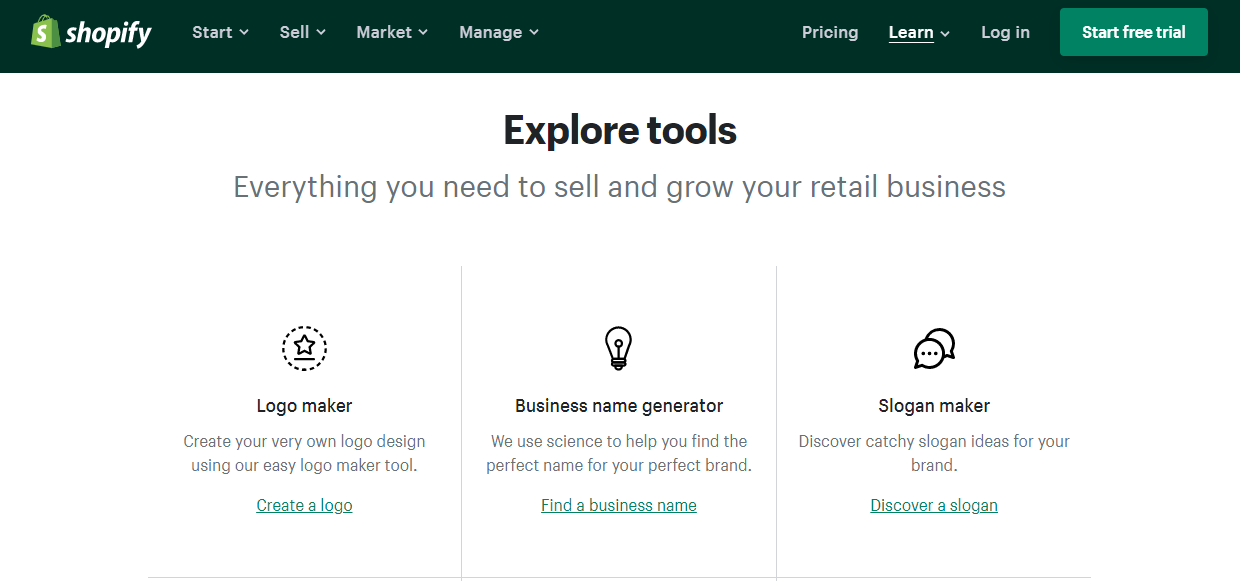
- Utilizing distributed systems and microservices that can scale independently
- Using horizontal scaling instead of vertical scaling for better scalability and cost savings
- Integration of open-source software technologies and cloud services such as Amazon EC2, SageMaker, DynamoDB, Lambda, etc., to provide scalability at lower costs
- Consolidating resources across different applications through containerization processes like Docker or Kubernetes for more efficient resource management.
What are the limitations of WordPress?
WordPress being open source, has no limitations on what you can do. Some people find it difficult to understand this concept.Let me explain in the simplest language.This implies you can download the software on your computer, unzip it and make any changes you want.How?You can download WordPress from its official website and unzipped it. There is no restriction on modifying the file, unlike Shopify, where you can’t even see the source files at all.

In other words, WordPress is accredited under the GNU General Public License, version 2 or later. This means you're free to download, reuse, alter, and distribute files.The limitations imply WordPress.com only, which is a paid service from Automattic, not allowing you to change the permalink structure, have limited plugins, need premium plans for adding custom CSS, and much more.But it’s not the case with WordPress.org that is open source, free for everyone, and enables you to modify files.To put it simply, you have unlimited ways to use WordPress.org since you can execute anything, either it is about SEO or web design.
What are the limitations of Shopify?
WordPress has no limitations, but Shopify comes up with a lot of limitations.The reason is that Shopify is not open source; instead, it’s closed source, meaning neither the public can see the source code nor can they modify it.That being the case, Shopify has limitations:
- You cannot fully customize your checkout experience until you buy CartHook that charges $50/month and 1% commissions you earn through it.
- Shopify Payment only works for a few supported countries. Want to accept payments from other countries? You need to integrate with other third-party payment gateways.

- It’s not easy to optimize Shopify for speed since you have limited control over the platform.
- You can’t connect to your server using FTP and PRETTY to automate many complex tasks for big eCommerce stores like bulk uploading of images. Of course, you can access FTP unless you have an enterprise plan that costs $2000 per month.

- You cannot host Shopify on your hosting at all. It means Shopify has the authority to control your data and can delete without your permission upon violations of any terms of service.
- You’re limited to 100 variants until you pay an additional $15/month. Really?

- You need to buy expensive third-party apps for simple website functionalities like live chat, wholesales, and many other essential features that you can get for free on WordPress.
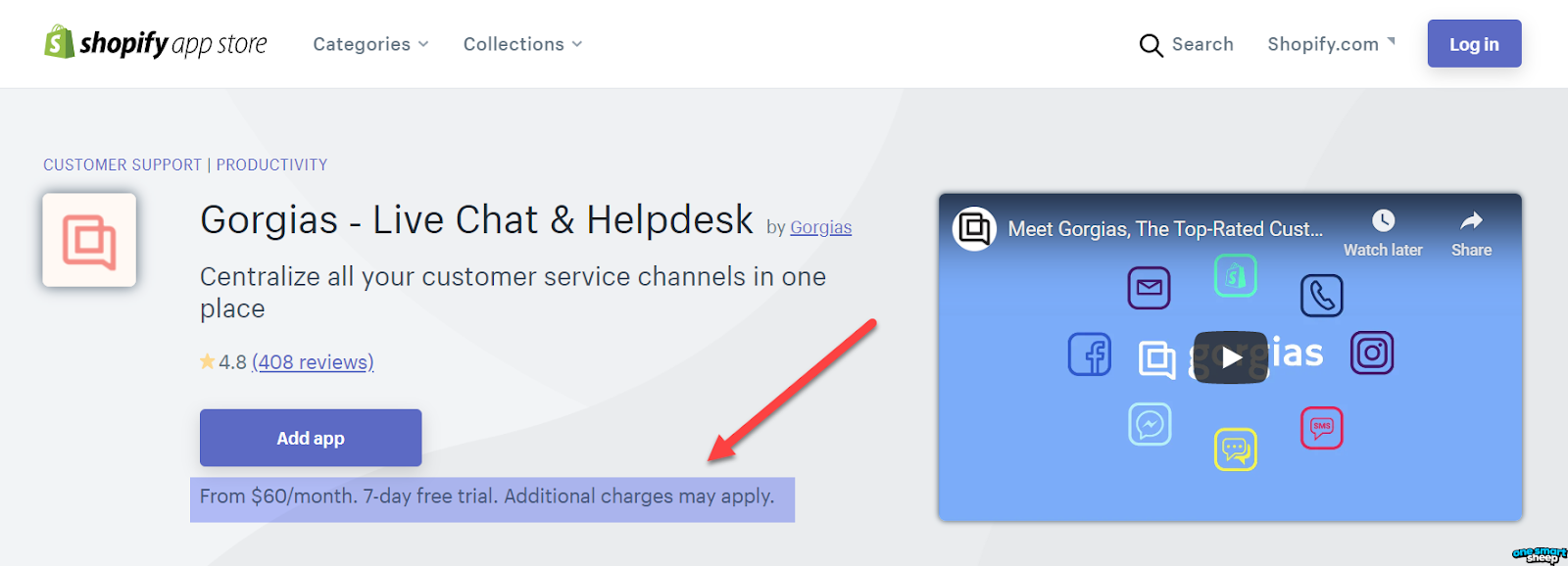
How is the support of WordPress?
We’ll talk about two kinds of support.
- Community support
- Platform support
WordPress has one of the largest open source communities globally since WordPress powers 38% of the websites on the internet.As a consequence, the support forum of WordPress has generated more than 12 million search results on Google. Literally, you can easily find the solution to any complex problem on Google and Youtube.

The platform support depends on the hosting company you choose. As I mentioned before, it’s imperative to select a great hosting company— Trustpilot is a go-to-website for honest reviews.

When you choose a good hosting like WPX, you get exceptional support.

Here are the characteristics of good hosting companies:
- Exceptional 24/7 support over live chat
- Minimum 99.95% downtime
- Free malware and hacked service
- Automatic backups
- 4.8+ ratings on Trustpilot
- 24/7 live support
- Free SSL certificate
How is the support of Shopify?
Shopify has excellent support to help the customers to resolve their issues instantly.You can instantly connect with Shopify agents over live chat.

Of course, you can call them from your respective country.

I understand that having a live chat and phone support doesn’t mean the company has excellent support.That’s why Trustpilot reveals shocking reviews about Shopify for several reasons.

Shopify should hire a dedicated person that can resolve the issues being faced by people on Trustpilot.It clearly indicates that Shopify has poor support in some departments, especially payments.

What is the pricing structure of WordPress?
Basically, WordPress is 100% free, meaning it has no one-time, monthly, or yearly fees of any kind. You can install it and host it on your computer for free.The real cost of WordPress comes from the hosting company you nominate.

Some hosting companies host their websites on cheap hardware that creates issues. That’s why they offer extremely low pricing that attracts customers.It’s highly recommended to go with the hosting provider that provides affordable pricing and offers premium features like 99.99% uptime guarantee, high-speed server, good security in-house, and premium software. It must have a good standing on Trustpilot also.
What is the pricing structure of Shopify?
Shopify offers pretty simple pricing plans starting from $9 a month to $2000 a month. The Lite Plan of $9 and Enterprise Plan of $2000 are not mentioned on the default pricing page.

Generally, Shopify offers five plans:
- Shopify Lite. Shopify Lite, starting from $9, is the cheapest plan that Shopify offers. In this plan, you can’t create an online store, but you can accept payment and put payment buttons to get clients from your own websites or blogs like WordPress.

- Shopify Basic. This plan starts from $29 a month and offers everything you dream of in an online store, from building a store to accepting payments to uploading unlimited products.
- Shopify. This plan contains all the features of Shopify Lite and Shopify Basic— for $79 per month. It has additional features like Professional Report, discount rate up to 74%, and charges only 1% transactional fees.
- Advanced Shopify. Of course, this plan contains all the features from Basic to Shopify and costs $299/month. This plan is ideal for the online store that gets hundreds of orders per day and wants to save costs from credit card and transaction fees.
- Shopify Plus. This is the most expensive plan that is ideal for enterprise-level online stores. It costs $2000/month. It has incredibly advanced features that would take years to develop if you want to build your custom like future-proof with built-in AR, 3D media on product pages, get up to 18% higher conversion with Shop Pay and a 60% faster checkout, manage all your stores, and automated workflows from one location in your Shopify admin. :

How easy is it to use WordPress?
WordPress is a straightforward platform to begin with. It is quite simple to prepare and operate.Most web hosts include what are known as one-click auto-installers.

When you click WordPress, you can easily install it on your hosting.

That means you won't require any programming or web development expertise to get WordPress installed — just a couple of mouse-clicks, and you will be ready to go.Once WordPress is installed, you need to purchase a theme with support included. The good news is that it's a one-time purchase only.The beauty of WordPress eCommerce themes is that you can find themes built with website builders, meaning you can create your whole online store without writing a single line of code and without hiring an expensive developer.

When you install an eCommerce theme with a visual builder, most themes come with easy installation and creates your website like a real demo.

Besides, you can easily import any of the demos and can edit later on.

It becomes effortless to edit anything with a visual builder on WordPress.In conclusion, the complexity depends on the WordPress theme you choose.You can purchase a complex WordPress theme, but you might need a dedicated developer to customize for you.Or, on the other hand, you can get a simple yet powerful theme to create a stunning website all by yourself.
How easy is it to use Shopify?
Shopify’s popularity was due to its better ease of use than WordPress, Magento, and other platforms. You can build your online store within a few days.However, you can find great website builders, but all lack advanced features, especially when it comes to payment integrations and maintenance.But Shopify has a simple user interface that enables even beginners to build an online store from scratch.

Shopify doesn’t have a real-time website builder as we have seen on WordPress, but it has a powerful custom editor that allows you to edit almost any part of your frontend from background to changing colors of your button.
Most users find Shopify easier than BigCommerce and Wix due to the beginner-friendly user interface.Of course, you’re not limited to the homepage only; you can modify theme settings ranging from colors to checkout.

Additionally, Shopify empowers your store with any new third-party app that Shopify cannot provide, from live chat to email marketing.
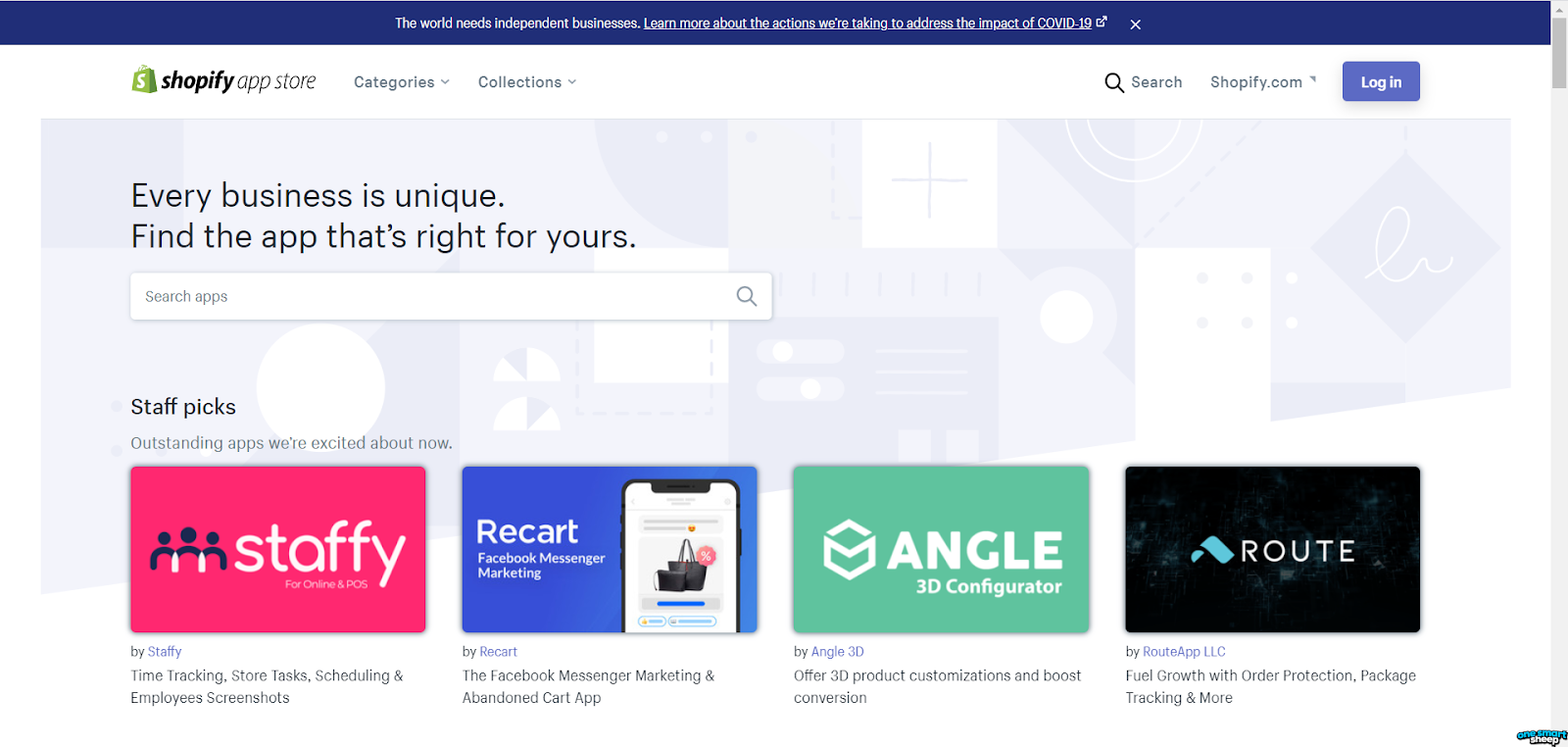
How is WordPress in terms of eCommerce functionality?
Although WordPress is known for blogging, it offers compelling eCommerce functionalities.WordPress has a free plugin WooCommerce that allows you to sell products on your WordPress website.Keep in mind, don’t underestimate the power of its free version. Even if it was paid, I'd love to buy it. More than 5,000,000 stores are using it and it has a rating of 4.9+.

The best is that it’s highly scalable thanks to a REST API, which can integrate with any service and offers unlimited possibilities. It can be connected to Zapier that further can be integrated with more than 2,000+ apps, and you can automate complex tasks.

To put it simply, it can offer anything you imagine to be on Shopify. You can:
- Add unlimited products & unlimited variants— the hosting is the limit.
- Integrate any payment gateway
- Sell anything from digital to physical products.
And much more.Another bright side of it?It offers a free iOS and Android app to keep an eye on your store with stunning visuals.

Furthermore, you can get alerts on your app for new orders and reviews.
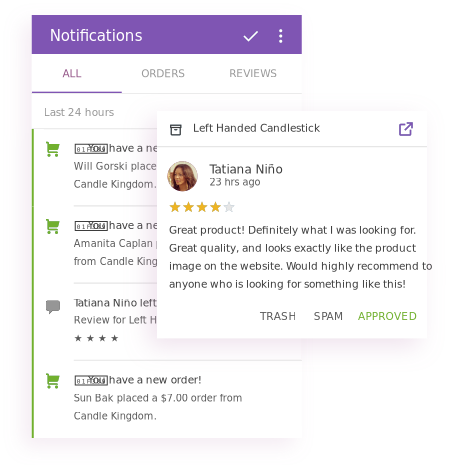
You can create any kind of online store:
- Subscription-based online store
- Service website
- Ticketing system
- eCommerce physical products
- Digital products
The list goes and on.
How is Shopify in terms of eCommerce functionality?
Over 1,000,000 retailers use Shopify to run their online businesses. The number is enough to show Shopify is a trusted brand that helps its customers to win in the eCommerce game.Needless to say, Shopify cannot provide all the functionalities to its customers; otherwise, they would have to hire thousands of developers. Instead, they allow third-party developers to create apps as WordPress allows as an open-source project.Like a WordPress REST API, Shopify also enables developers to use its powerful API to build any kind of app that helps them earn a significant amount of money.

Shopify more than 50 functionalities, but few are:
- Edit HTML and CSS
- Full blogging platform support
- Web-based website builder
- 100 payment gateways
- Flexible shipping rates
- Multiple languages
- Dropshipping
- Unlimited bandwidth
- Instant upgrades
- API access
Just like WooCommerce mobile app, Shopify also offers its robust mobile app for online store owners.

How is SEO of WordPress?
Being open-source, WordPress offers the best SEO features thanks to its 100% complete control over the eCommerce store.WordPress has 3800+ plugins for SEO alone as compared to Shopify, which has only 4200 apps combined in all categories.

Did you know?Website speed is a ranking factor both for Google Search and Google Ads. Therefore, it’s important to optimize your online store for speed.On WordPress, you have complete control and you can better optimize it for speed. The below speed score belongs to an eCommerce WordPress website.

When I compared the best Shopify theme with the above WordPress theme, you can declare a winner.

Additionally, WordPress offers another great feature of Schema that makes your store stand out from the crowd effortlessly in SERP.

You can add it for free with different online generators and plugins.Furthermore, you’re free to edit .htaccess and robots.txt on WordPress— Shopify doesn’t allow it at all.Not only, but also another excellent SEO feature available for WooCommerce online stores is automating SEO tasks like auto-creation of meta descriptions based on variables SEO Yoast and auto alt tags based on the file name with an API.

How is SEO of Shopify?
Shopify is hosted on its servers managed by their experienced team; you can’t control everything like WordPress.Shopify has SEO limitations:
- Robots.txt. You cannot edit the robots.txt at all. It’s helpful for Google Bot that instructs which pages to index and which not to index—extremely beneficial for big eCommerce stores.

- .htaccess. You cannot edit .htaccess that helps in canonicalization, custom permalink structure, and speed optimizations.

- Limited Sitemap. You have a simple sitemap when you purchase its basic plans. You cannot add international tags in the sitemap to rank your store in different countries. You can easily add for free on WordPress

- Speed Optimizations. Speed is a ranking factor, but due to Shopify’s limited access, you cannot speed up your store like WordPress, where you're free to delete, edit, and modify any file you want.
Which One to Pick for Your eCommerce Store?
Both platforms can be a better fit for your eCommerce store thanks to their compelling features.Shopify is for the people who love simplicity and don’t want to get depressed due to regular maintenance, patches, and security vulnerabilities. Moreover, Shopify lacks in SEO and support that could be a pain in the ass for most people.When it comes to WordPress —aka the king of CMS due to its complete control over the platform— it’s a better fit for large online stores and tech-savvy folks.If you’re low on budget, WordPress WooCommerce is a great fit since you can purchase $5 a month hosting and enjoy all the eCommerce features.
Better than Shopify and WordPress?
What if I tell you better than Shopify and WordPress?The biggest issue with all the above platforms is that all require time and effort.You need to watch hours and hours of Youtube videos until you make a professional-looking website.To solve the issue, our US-made company provides:
- 100% Custom Website
- Domain
- Ultra-fast hosting
- Maintenance
- Support
All for a budget-friendly price starting from $49/month. You don't need to spend $10,000+ to build your dream custom website.
We're like Wix, but we're better than Wix since we do 100% of the work. You just enjoy and give real-time feedback.Ain't impressed yet?See our breathtaking portfolio and pricing.

















.svg)